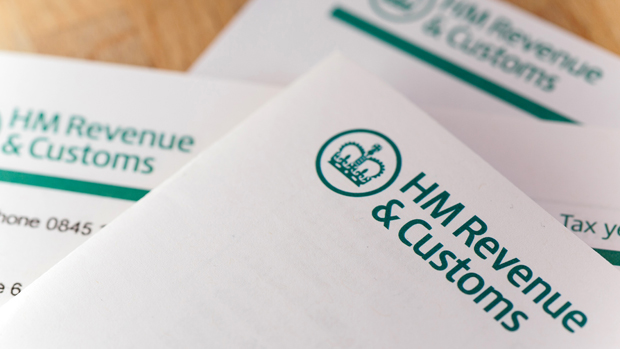Inheritance tax bills are rising - what can you do?
Rise in property prices and freezing of allowance responsible for five-year high tax take

A free daily email with the biggest news stories of the day – and the best features from TheWeek.com
You are now subscribed
Your newsletter sign-up was successful
The cost of passing wealth down the generations is climbing. HM Revenue and Customs data reveal the average inheritance tax bill rose by £5,000 in 2013, the latest year for which information is available.
In total the amount we handed to the government in tax on inherited estates was up 15% on the previous year. This rise was due mainly to a combination of escalating house prices and a frozen £325,000 'nil-rate band', or inheritance tax allowance, meaning more and more people have to hand over so-called 'death duties'.
Just under 18,000 families handed over £3.05bn, “which represented the largest numbers recorded since 2008,” reports Dan Hyde in The Telegraph.
The Week
Escape your echo chamber. Get the facts behind the news, plus analysis from multiple perspectives.

Sign up for The Week's Free Newsletters
From our morning news briefing to a weekly Good News Newsletter, get the best of The Week delivered directly to your inbox.
From our morning news briefing to a weekly Good News Newsletter, get the best of The Week delivered directly to your inbox.
A tax on the (property) rich
The average individual bill is just over £170,000. But "bills among well-heeled Londoners were much higher at almost £236,000 – 38% more than the national average,” says Simon Read in The Independent. Over half of the estates that had to pay inheritance tax were from those who had resided in London and the southeast.
“As the total amount of inheritance tax paid increases, so does the value of careful tax planning for anyone looking to cascade as much of their wealth to their families as possible,” says Les Cameron, a tax specialist at Prudential, who arranged the analysis of HMRC’s figures.
The inheritance tax allowance has been sat at £325,000 since 2009. During that time house prices have soared by 21%, according to figures from Nationwide.
A free daily email with the biggest news stories of the day – and the best features from TheWeek.com
But the rise in inheritance tax bills could start to slow in the coming years. In his latest Budget, Chancellor George Osborne announced that from April 2017 we will all be entitled to a 'family home allowance' of £175,000, in addition to the existing £325,000 nil-rate band.
Added together and using rules that allow a spouse to inherit their partner's allowances on death, this means a primary residence worth up to £1m may be excluded from your estate for inheritance tax purposes. The new allowance will be phased in up to 2020-21.
Legal IHT loopholes
In the mean time there are steps you can take to make sure you don’t pay more than you have to when your estate is assessed for inheritance tax purposes. The easiest way to do this is to make the most of the allowances for giving away your cash before you die.
- You can give away up to £3,000 each year in tax-free gifts.
- You can give away a further £5,000 to a child if they are getting married, or £2,500 to a grandchild or great-grandchild.
- You can also give away as many gifts of £250 or less as you like, so long as the recipient hasn’t already benefitted from one of the other gifts mentioned above.
- You can also give away as much as you like from your income without it potentially being liable for inheritance tax. You just have to prove you have enough income left to maintain your normal lifestyle.
- Money donated to charity is exempt from inheritance tax.
-
 Spoil those special someones with these sweet Valentine’s Day gifts
Spoil those special someones with these sweet Valentine’s Day giftsThe Week Recommends Make them ooh and aah
-
 ‘Various international actors hope to influence the result for their own benefit’
‘Various international actors hope to influence the result for their own benefit’Instant Opinion Opinion, comment and editorials of the day
-
 What do Xi’s military purges mean for Taiwan?
What do Xi’s military purges mean for Taiwan?Today’s Big Question Analysts say China’s leader is still focused on reunification